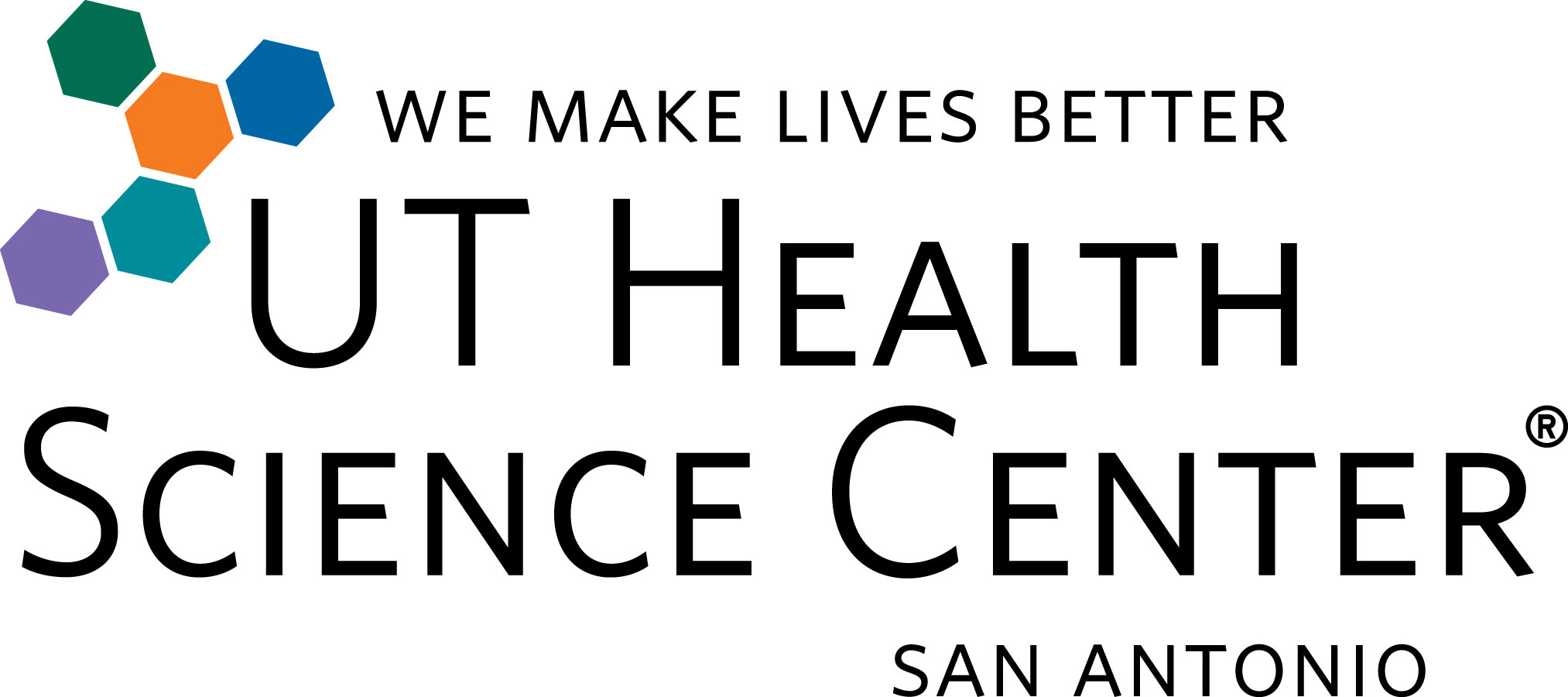Gene Therapy in Treating Patients With Recurrent Malignant Gliomas
| Status: | Completed |
|---|---|
| Conditions: | Brain Cancer, Brain Cancer, Brain Cancer |
| Therapuetic Areas: | Oncology |
| Healthy: | No |
| Age Range: | 18 - 120 |
| Updated: | 6/29/2018 |
| Start Date: | February 25, 1999 |
| End Date: | July 1, 2003 |
Phase I Trial of Adenovirus-Mediated Wild-Type P53 Gene Therapy for Malignant Gliomas
RATIONALE: Inserting the gene for adenovirus p53 into a person's tumor may improve the body's
ability to fight cancer.
PURPOSE: Phase I trial to study the effectiveness of gene therapy in treating patients who
have recurrent malignant gliomas.
ability to fight cancer.
PURPOSE: Phase I trial to study the effectiveness of gene therapy in treating patients who
have recurrent malignant gliomas.
OBJECTIVES: I. Determine the biological effects at the molecular level of intratumoral
administration of adenovirus p53 gene (Ad-p53) in patients with malignant primary glioma. II.
Determine the maximum tolerated dose of intratumoral Ad-p53 in these patients. III. Evaluate
the qualitative and quantitative toxicity of intratumoral Ad-p53 in this patient population.
OUTLINE: This is a dose-escalation, multicenter study. Patients receive an initial
intratumoral stereotactic injection of adenovirus p53 (Ad-p53) over 10 minutes on day 1. In
the absence of unacceptable toxicity resulting from this initial injection, patients then
undergo tumor resection and receive a series of 1-minute injections of Ad-p53 into the
resected tumor cavity wall on day 4. Cohorts of 3-6 patients receive escalating doses of
Ad-p53. If 2 of 3 or 3 of 6 patients experience dose limiting toxicity (DLT) at a particular
dose level, escalation ceases and the maximum tolerated dose is defined as the previous dose
level. Patients are followed closely for 12 weeks, then every 2 weeks for 8 weeks, then every
4 weeks for 8 weeks, and then every 8 weeks until death.
PROJECTED ACCRUAL: A maximum of 30 patients will be accrued for this study.
administration of adenovirus p53 gene (Ad-p53) in patients with malignant primary glioma. II.
Determine the maximum tolerated dose of intratumoral Ad-p53 in these patients. III. Evaluate
the qualitative and quantitative toxicity of intratumoral Ad-p53 in this patient population.
OUTLINE: This is a dose-escalation, multicenter study. Patients receive an initial
intratumoral stereotactic injection of adenovirus p53 (Ad-p53) over 10 minutes on day 1. In
the absence of unacceptable toxicity resulting from this initial injection, patients then
undergo tumor resection and receive a series of 1-minute injections of Ad-p53 into the
resected tumor cavity wall on day 4. Cohorts of 3-6 patients receive escalating doses of
Ad-p53. If 2 of 3 or 3 of 6 patients experience dose limiting toxicity (DLT) at a particular
dose level, escalation ceases and the maximum tolerated dose is defined as the previous dose
level. Patients are followed closely for 12 weeks, then every 2 weeks for 8 weeks, then every
4 weeks for 8 weeks, and then every 8 weeks until death.
PROJECTED ACCRUAL: A maximum of 30 patients will be accrued for this study.
DISEASE CHARACTERISTICS: Histologically proven malignant primary glioma Glioblastoma
multiforme Anaplastic oligodendroglioma Gliosarcoma Mixed malignant glioma Anaplastic
astrocytoma Clear evidence of tumor recurrence or progression by CT or MRI within 2 weeks
prior to study after failing prior best surgical resection and radiation Surgically
accessible tumor for which resection is indicated Tumors greater than 2.0 cm in diameter
Tumor not extending into the ventricular system
PATIENT CHARACTERISTICS: Age: 18 and over Performance status: Karnofsky 70-100% Life
expectancy: Not specified Hematopoietic: Absolute granulocyte count at least 1,500/mm3
Platelet count at least 100,000/mm3 No evidence of bleeding diatheses Hepatic: SGPT no
greater than 2 times upper limit of normal (ULN) Alkaline phosphatase no greater than 2
times ULN Bilirubin less than 1.5 mg/dL Renal: BUN less than 1.5 times ULN OR Creatinine
less than 1.5 times ULN Cardiovascular: Not specified Pulmonary: Not specified Other: No
active uncontrolled infection Must be afebrile (less than 38.0 degrees Celsius) No other
unstable or serious medical conditions HIV negative Not pregnant or nursing Fertile
patients must use effective contraception
PRIOR CONCURRENT THERAPY: Biologic therapy: Not specified Chemotherapy: Prior chemotherapy
allowed (at least 2 weeks since prior vincristine, 3 weeks since prior procarbazine, and 6
weeks since prior nitrosoureas) and recovered Endocrine therapy: Not specified
Radiotherapy: See Disease Characteristics At least 4 weeks since prior radiotherapy
Surgery: See Disease Characteristics Other: No prior or concurrent anticoagulants
We found this trial at
8
sites
Click here to add this to my saved trials
4502 Medical Drive
San Antonio, Texas 78284
San Antonio, Texas 78284
(210) 567-7000

University of Texas Health Science Center at San Antonio The University of Texas Health Science...
Click here to add this to my saved trials
1500 East Medical Center Drive
Ann Arbor, Michigan 48109
Ann Arbor, Michigan 48109
800-865-1125

University of Michigan Comprehensive Cancer Center The U-M Comprehensive Cancer Center's mission is the conquest...
Click here to add this to my saved trials
Dana-Farber Cancer Institute Since it’s founding in 1947, Dana-Farber has been committed to providing adults...
Click here to add this to my saved trials
1515 Holcombe Blvd
Houston, Texas 77030
Houston, Texas 77030
713-792-2121

University of Texas M.D. Anderson Cancer Center The mission of The University of Texas MD...
Click here to add this to my saved trials
Click here to add this to my saved trials
5150 Centre Ave
Pittsburgh, Pennsylvania 15232
Pittsburgh, Pennsylvania 15232
(412) 647-2811

University of Pittsburgh Cancer Institute Founded in 1985, the University of Pittsburgh Cancer Institute (UPCI)...
Click here to add this to my saved trials
Click here to add this to my saved trials
